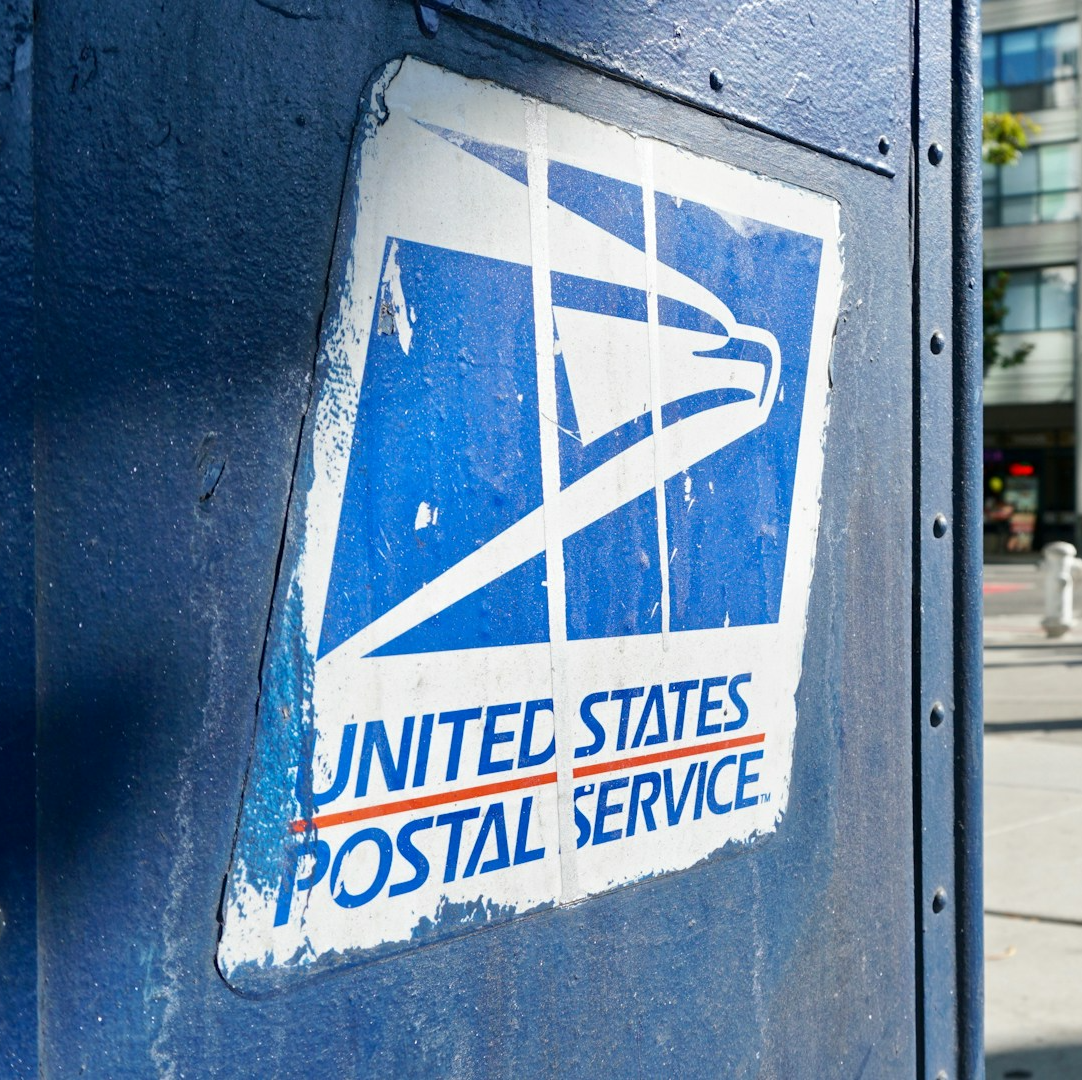Key Takeaways:
- Early retirement might seem appealing, but as a federal worker, the long-term financial implications could surprise you.
- Taking time to review all benefits and drawbacks before retiring early can prevent regrets down the road.
The Early Retirement Temptation—Why You Might Want to Think Twice as a Federal Worker
Early retirement can be an exciting prospect. After years of hard work, the idea of leaving the workforce behind and enjoying life sounds perfect. But if you’re a federal worker, the decision to retire early carries significant considerations that might not be obvious at first glance. While the temptation to retire early is real, it’s essential to weigh the pros and cons before making such a significant life choice.
- Also Read: Divorce and Your Federal Pension—What Happens When You Split Assets and How It Could Affect Your TSP
- Also Read: What Happens to Your Federal Benefits After Divorce? Here’s the Lowdown
- Also Read: The Best FEHB Plans for 2025: Which One Fits Your Lifestyle and Budget the Best?
The Financial Realities of Early Retirement
Federal employees enjoy strong retirement benefits under FERS, but retiring early can reduce those benefits. Your retirement annuity is based on your service years and salary, and retiring before reaching the required age or service years leads to reduced payouts. If you don’t have at least 30 years of service by the time you hit your minimum retirement age (MRA), your annuity will be reduced by 5% for each year you’re under age 62.
Even small reductions can have a big impact over time, especially when combined with the fact that you’ll stop contributing to your Thrift Savings Plan (TSP). Fewer years of contributions and missed opportunities for compounding growth mean less retirement income. Staying in your job a few extra years allows you to maximize these benefits and avoid such reductions.
Health Insurance Costs Add Up
Healthcare is one of the most significant considerations for federal employees thinking about early retirement. As a federal worker, you’ve likely been covered by the Federal Employees Health Benefits (FEHB) Program. While you can carry FEHB into retirement, retiring early means you’ll pay a larger share of the premium.
The government’s contribution to your health insurance diminishes when you retire, and this could cost you hundreds or even thousands of dollars a year. Furthermore, Medicare doesn’t kick in until age 65. If you retire before that age, you’ll need to cover the gap in health coverage, adding more pressure on your finances.
The Emotional and Lifestyle Changes
Retirement isn’t just a financial decision. It’s also a lifestyle change, and early retirement can be an emotional adjustment. Many people expect retirement to be full of relaxation, but the reality of leaving behind the routine, structure, and social connections that come with work can be challenging. Early retirees often feel a sense of loss or find themselves struggling to fill their days with meaningful activities.
Social isolation can also become an issue, as your friends and coworkers may still be working. This lack of interaction can affect your mental health. For many, the routine of a job offers not just financial stability but also a sense of purpose. If you haven’t planned how to use your free time meaningfully, early retirement could lead to feelings of boredom or regret.
The Impact on Your Social Security Benefits
Retiring early doesn’t just impact your FERS annuity; it also affects your Social Security benefits. Social Security is calculated based on your highest 35 years of earnings. Retiring early could reduce the number of high-earning years factored into the calculation, which lowers your monthly benefit when you begin receiving it.
Additionally, while you can start drawing Social Security at age 62, doing so before your full retirement age will reduce your benefit permanently. If you’re relying on Social Security to supplement your retirement income, this reduction could make it harder to maintain your standard of living. It’s critical to understand how much you’ll lose by retiring early and whether that reduction is worth the trade-off.
Have You Planned for Inflation?
Inflation is another consideration. Federal retirees benefit from cost-of-living adjustments (COLAs) to their FERS annuities, but COLAs don’t always keep up with real inflation rates. Over time, inflation can eat away at the purchasing power of your retirement savings.
For example, healthcare, housing, and daily expenses may rise faster than expected. If you retire early, your savings need to last longer and keep pace with rising costs. That’s why working just a few more years can help you grow your savings and provide a larger cushion for inflation in the future.
The Value of Working a Few Extra Years
Staying in the workforce for a few more years can make a significant difference to your retirement security. By waiting until you’re 62, you can avoid reductions to your FERS annuity. You’ll also be able to contribute more to your TSP, giving you a larger nest egg when you finally retire.
Plus, working until age 62 or later brings you closer to Medicare eligibility, reducing your healthcare costs. Every extra year of work allows you to save more, reduce debts, and increase your retirement income. While it might feel like delaying your retirement is a sacrifice, the long-term financial benefits often outweigh the immediate gratification of early retirement.
Navigating the Emotional Side of Retirement
Retirement is a major life change, and it’s important to be prepared both financially and emotionally. As a federal worker, your job has likely provided you with more than just a paycheck—it’s been a source of routine, purpose, and social interaction. Without these, many early retirees find themselves feeling lost or bored. The sudden switch from an active, structured life to one with endless free time can be a difficult adjustment.
Before you decide to retire early, think about how you’ll stay mentally and socially engaged. Whether through volunteering, new hobbies, or part-time work, having a plan will make the transition smoother and more fulfilling.
Balancing the Pros and Cons
Ultimately, early retirement may offer the freedom you’re looking for, but it also comes with significant trade-offs—particularly for federal workers. Financially, retiring early could mean reduced annuities, higher health insurance costs, and diminished Social Security benefits. Emotionally, you could face challenges adjusting to a life without the structure and social connections that work provides.
However, staying in the workforce a little longer can strengthen your financial position and ensure you’re truly ready for the next phase of your life. Before making any decisions, take the time to consider all the financial and emotional factors that come with early retirement. The benefits of waiting just a few more years may well outweigh the appeal of leaving the workforce early.













